The top influential books I read in 2020 summarized in three sentences.
I usually have a curiosity which leads me to the book, or someone recommends it to me. All non-fiction / work related.
In no particular order apart from the first:
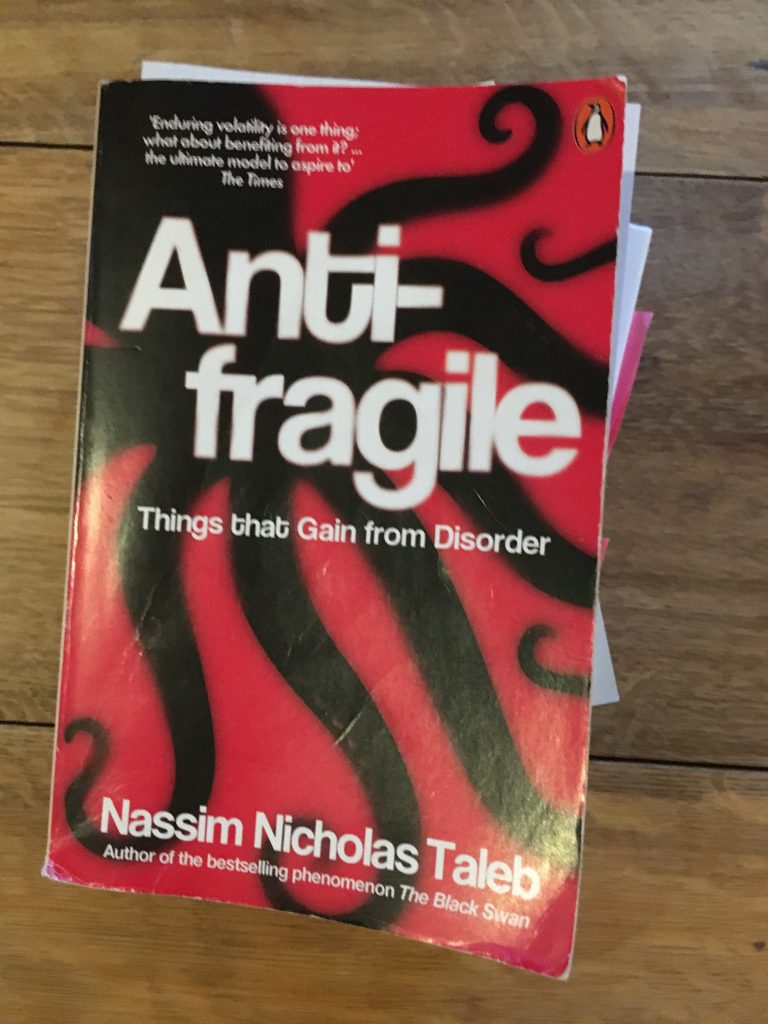
“Anti-fragile” by Nassim Nicholas Taleb
Probably my favourite book of 2020.
Become anti-fragile!
And how do you get more upside than downside in an uncertain universe?
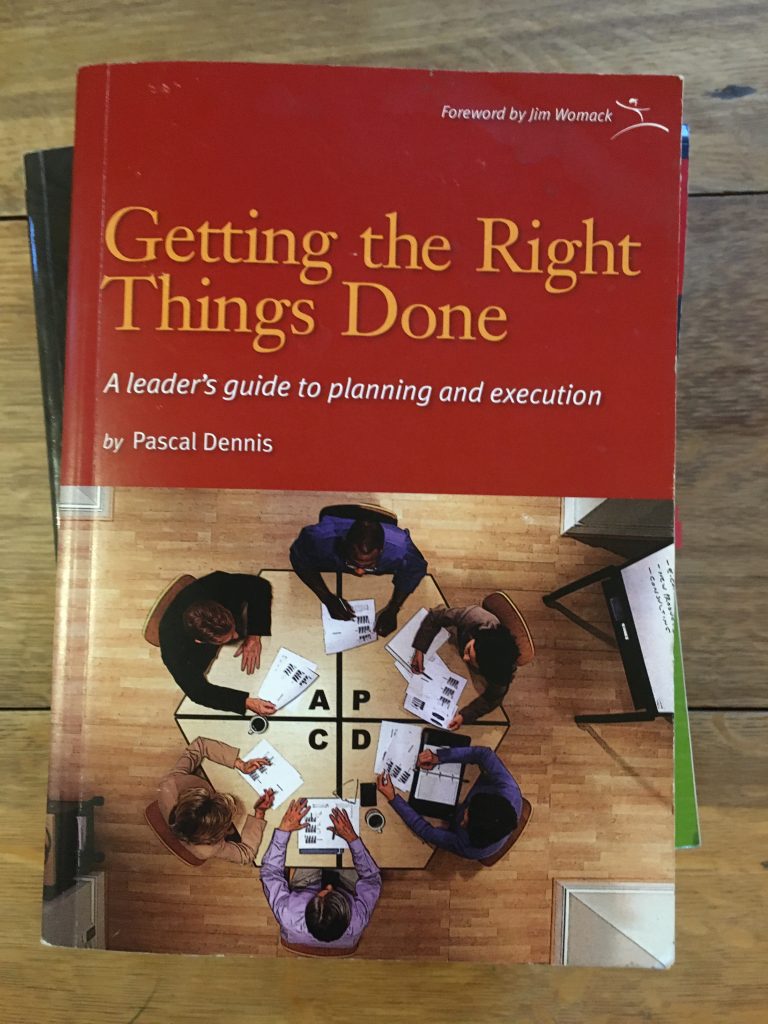
“Getting the right things done” by Pascal Dennis
We follow a company undergoing a new strategy deployment and a change of mindsets.
All about deployment.
A3, Kaizens, plan-do-check-adapt, and little nuggets of wisdom: to get the right things done.
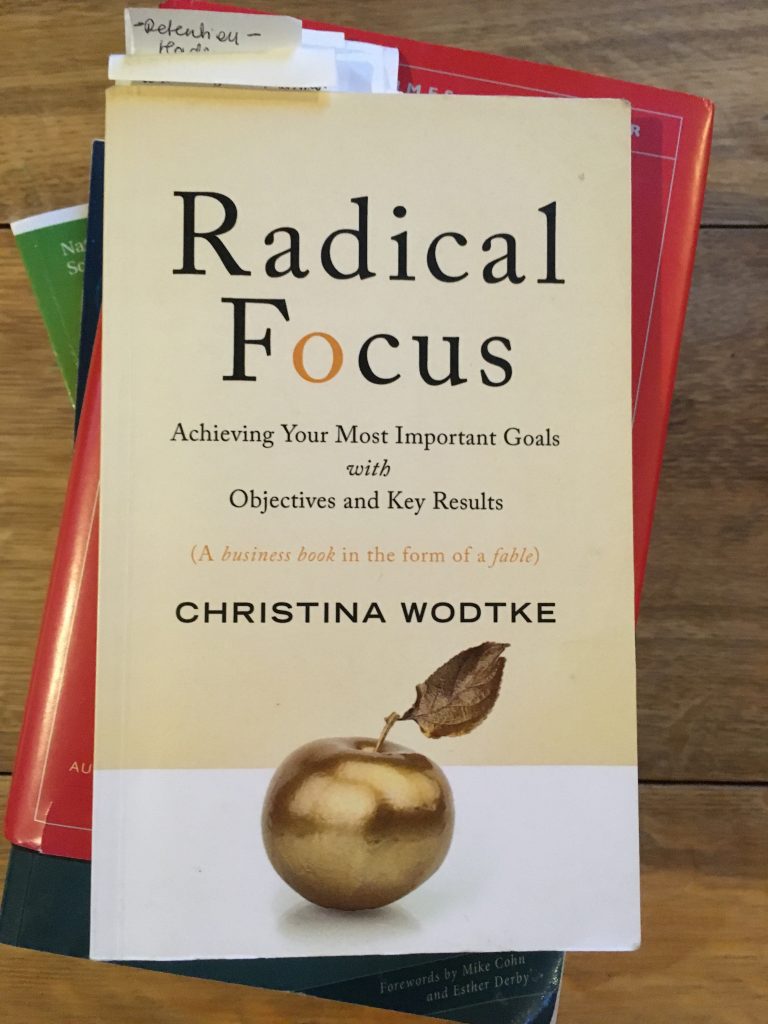
“Radical Focus” by Christina Wodtke
Made me relook at objectives, rewrite them and start a radical focus towards them.
Helped me with company OKRs and personal OKRs.
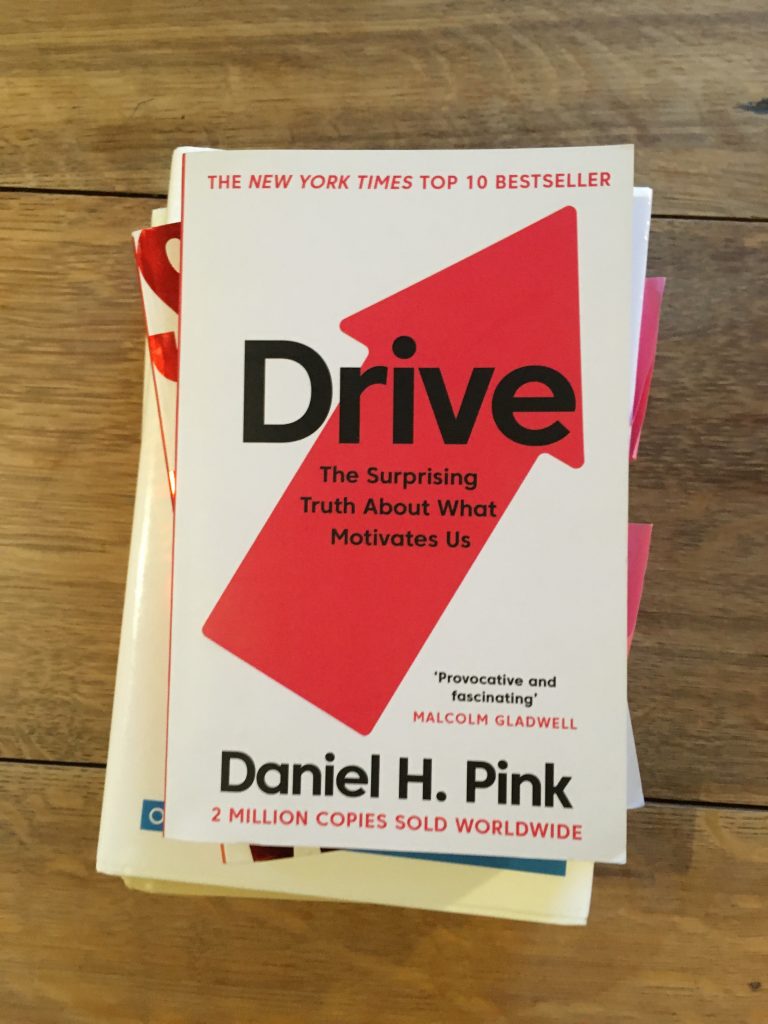
“Drive” by Daniel Pink
Mastery, autonomy and purpose = motivation.
Read about half the book – key points are condensed into the RSA animation.
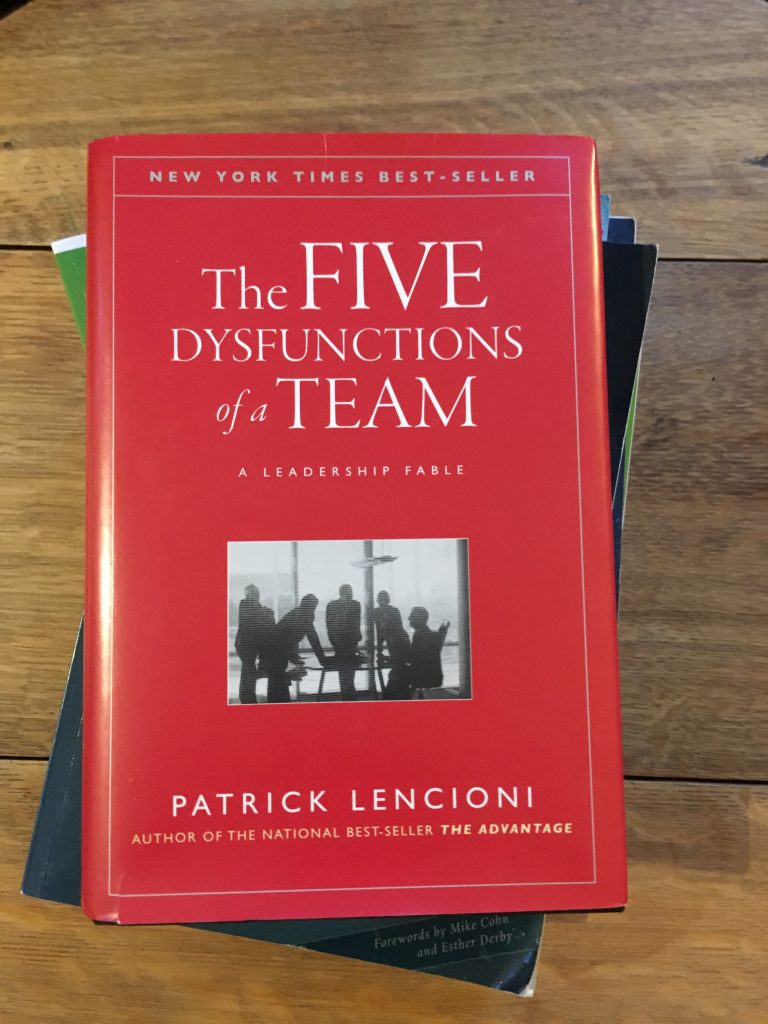
“Five dysfunctions of a team” by Patrick Lencioni
We follow a story in American boardroom (an ok story but easy read).
The pyramid of dysfunctions is a good model to refer to and use as a filter for analysing problems.
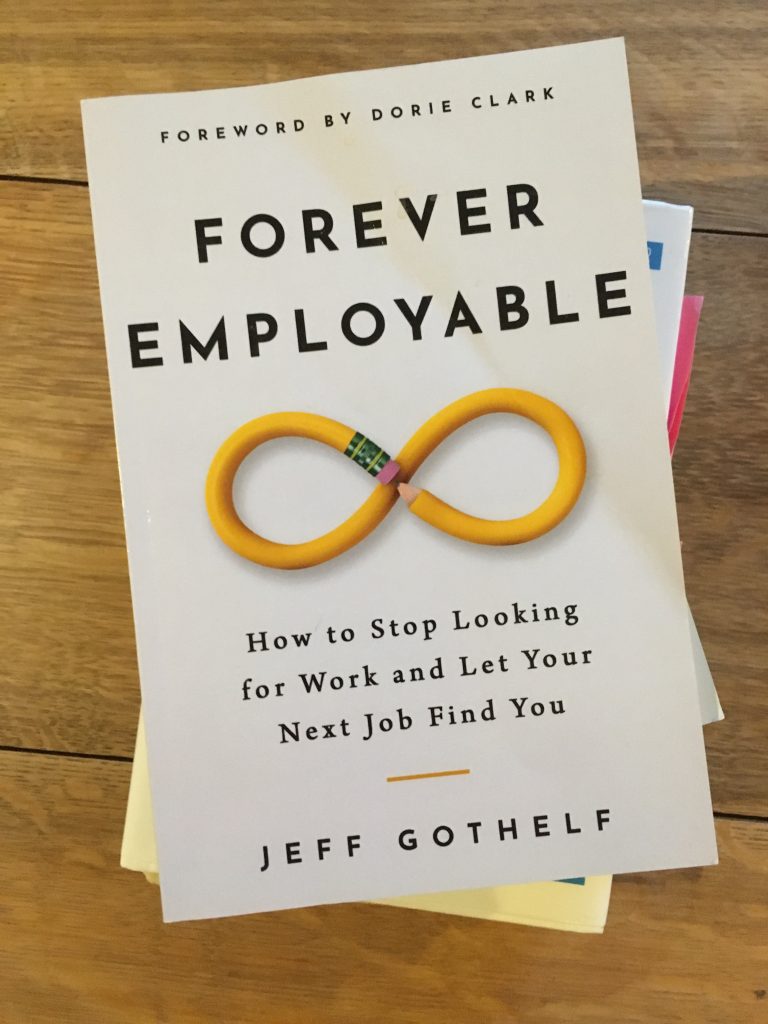
“Forever employable” by Jeff Gothelf
Jeff brought us Lean UX and started applying key principles to himself.
Great lessons to make yourself forever employable (mainly via content, planting a flag)
Very encouraging and inspiring.
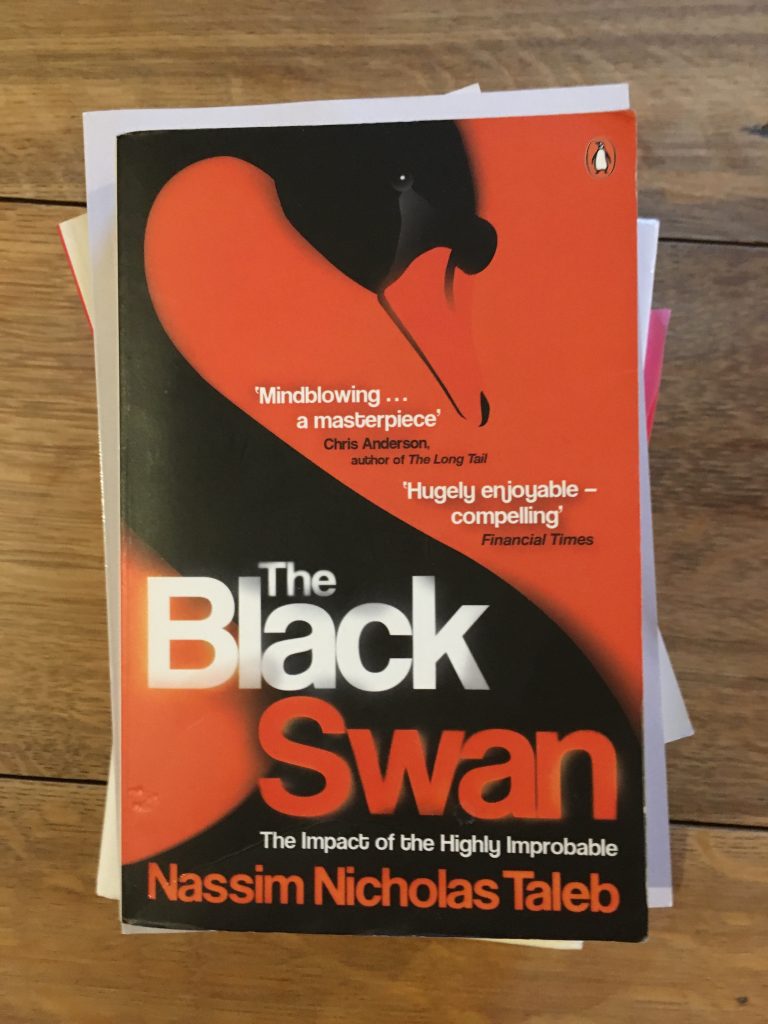
“The Black Swan” by Nassim Nicholas Taleb
Risk, probability, prediction fallacies
I mix up the content with anti-fragile now
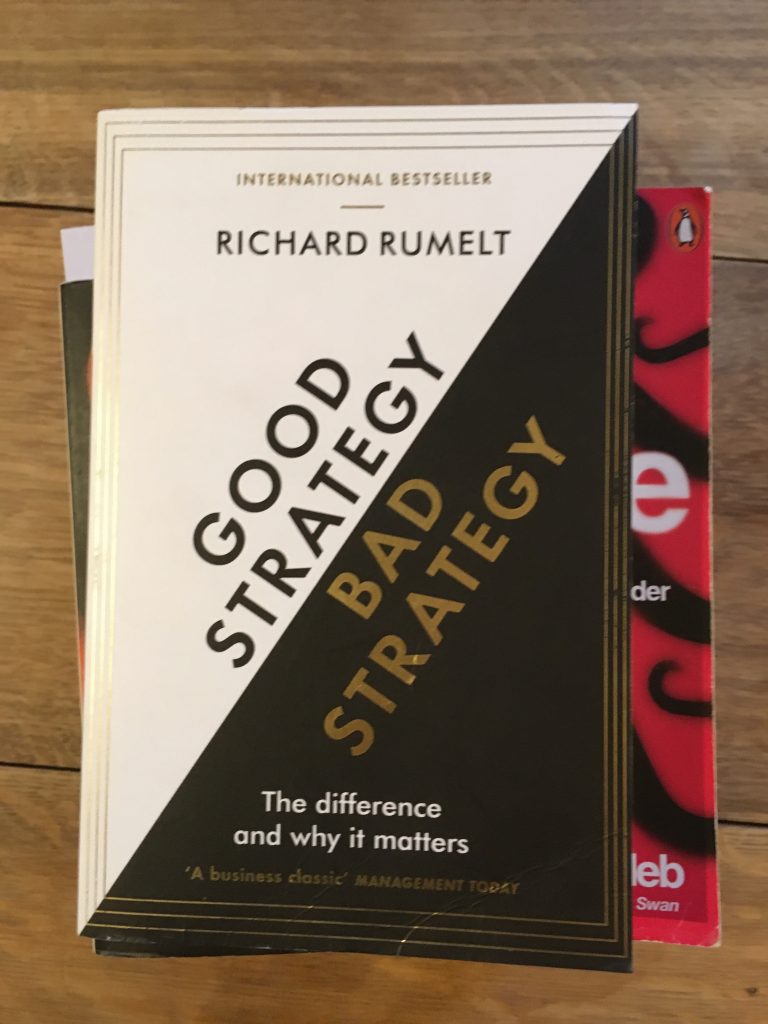
“Good strategy, bad strategy” by Richard Rumelt
Highlights that most business strategies are anything but strategy (usually business-speak fluff!) and why this is the case.
Brings greater awareness for the types of bad strategies.
Reviews the kernel of a good strategy.
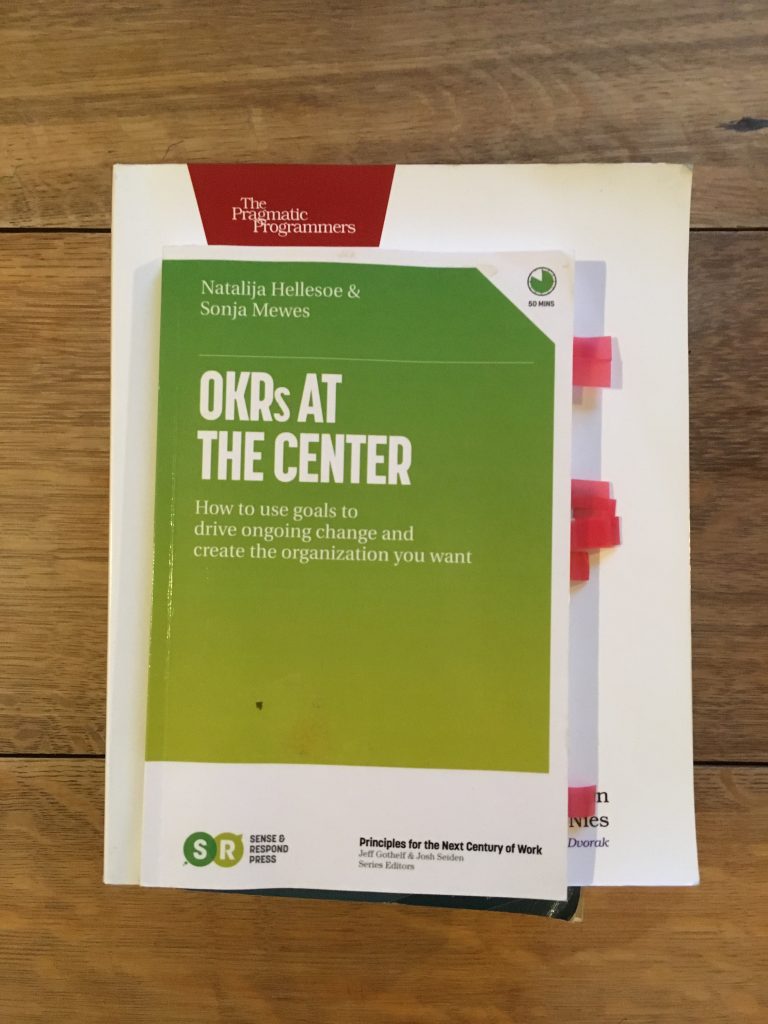
“OKRs at the center” by Natalija Hellesoe & Sonja Mewes
Helpful manual for using OKRs and adopting them in an organisation
The framework is a handy tool for facilitating objective writing
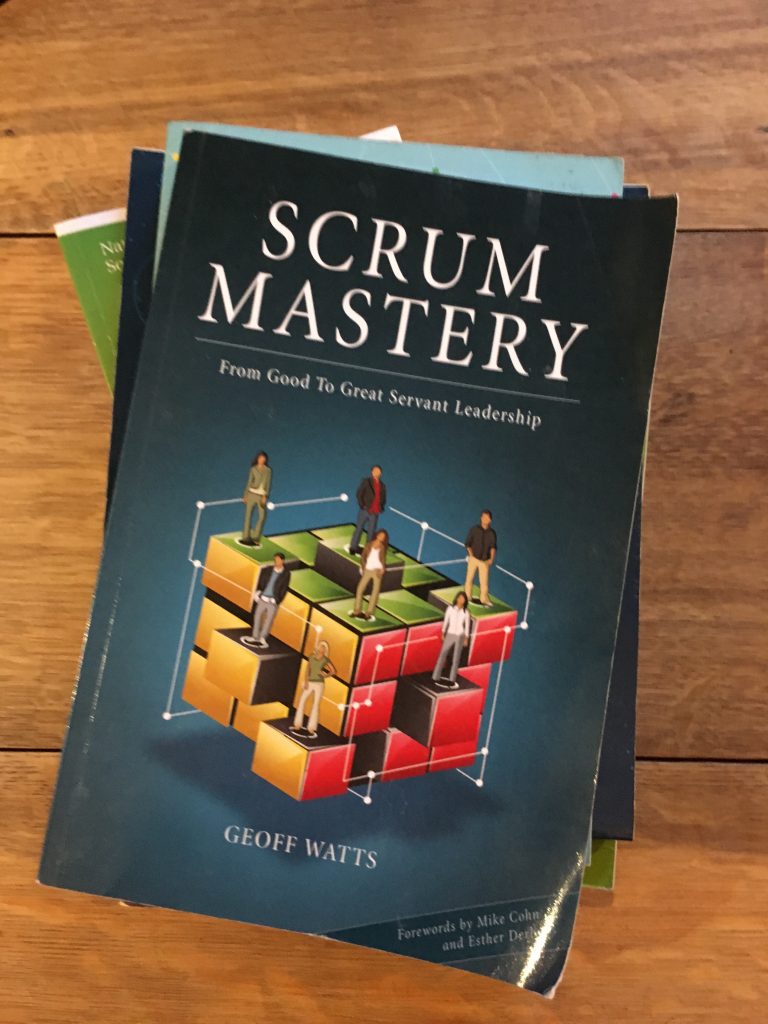
“Scrum mastery” by Geoff Watts
Powerful insights into scrum mastery (servant leadership) in an agile team.
Used it mainly as a reference – referred to it every now and again to flick through a specific topic.
Many useful reminders about agile and scrum throughout.
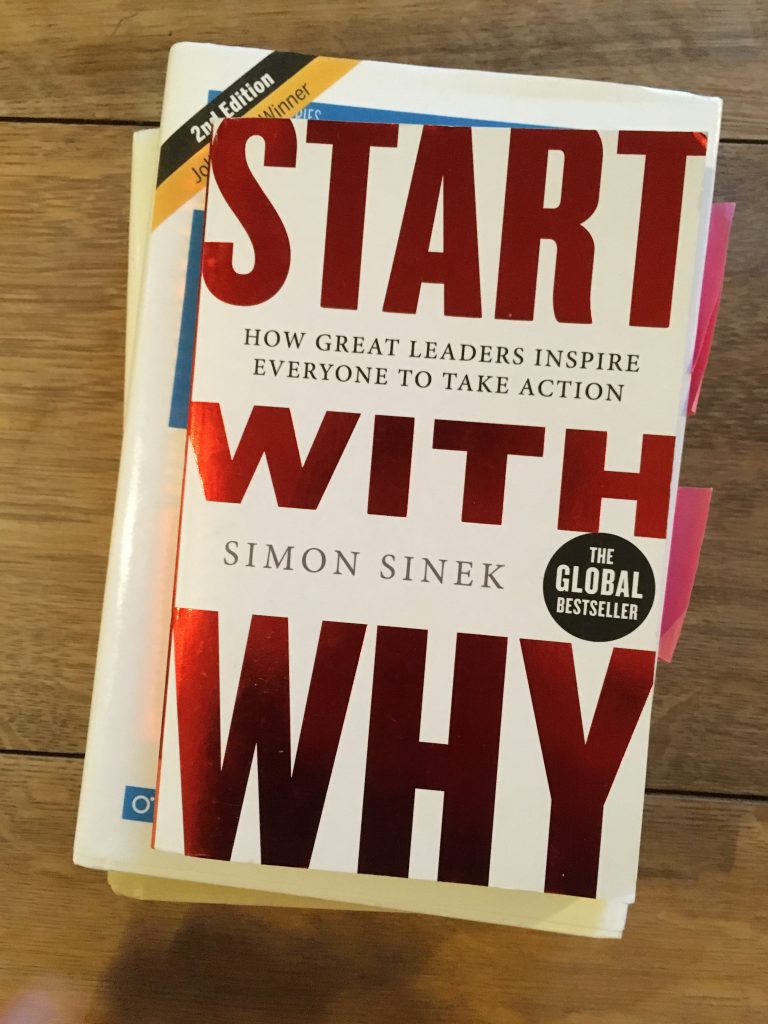
“Start with why” by Simon Sinek
Popular book about focussing on the ‘why’ of any endeavour.
Has some good tales.
Crux seems to be in the first few chapters. Didn’t finish the book.
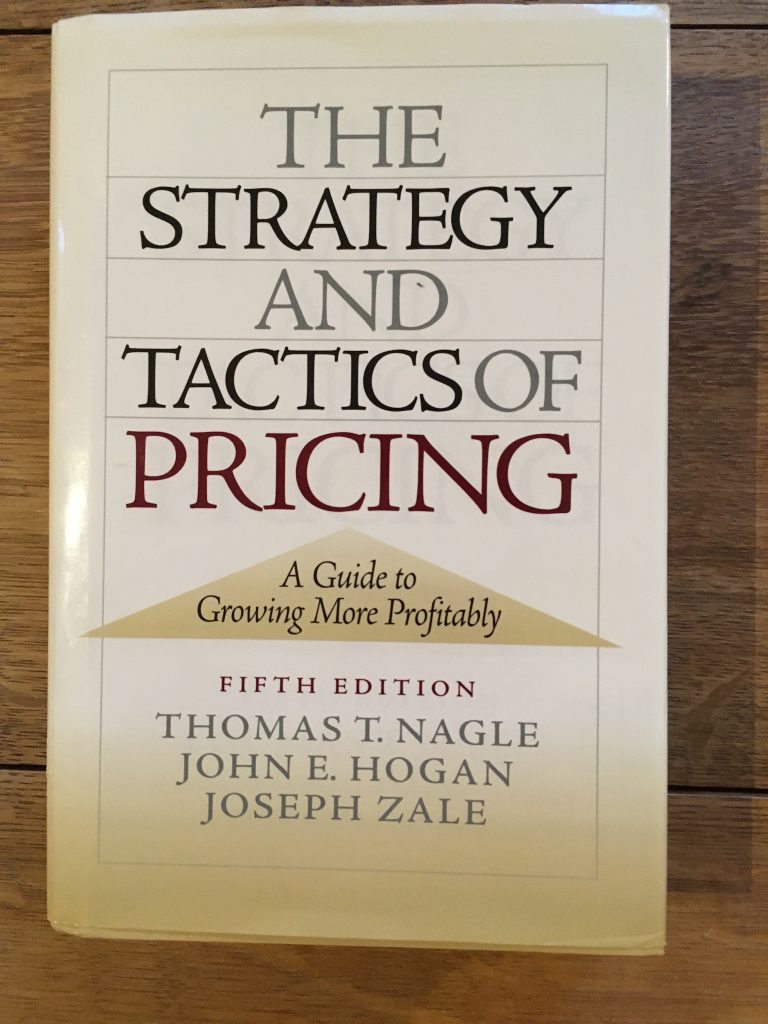
“The strategy and tactics of pricing” by Nagle, Hogan & Zale
Very dense, very academic (economics background is helpful!) but absolutely invaluable!
After reading this, everything commercial becomes so transparent.
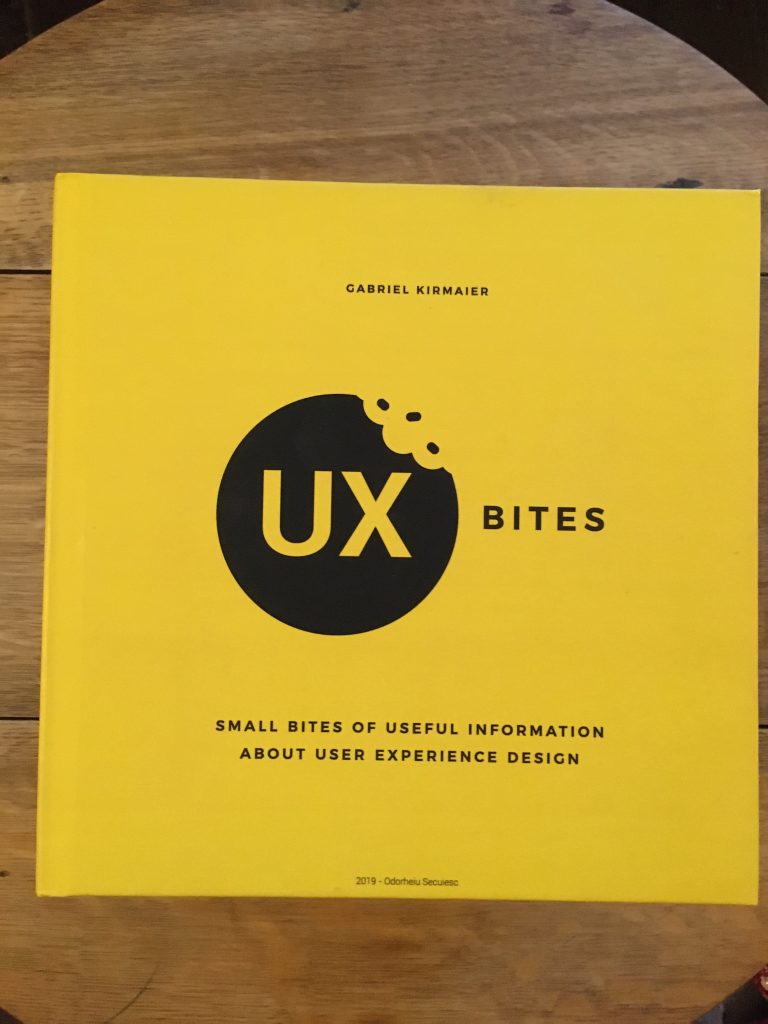
“UX Bites” by Gabriel Kirmaier
I try to stay uptodate with UX as I think there’s so much to learn from it.
Handy resource.
Ironically, I actually don’t like the reading experience of this book!
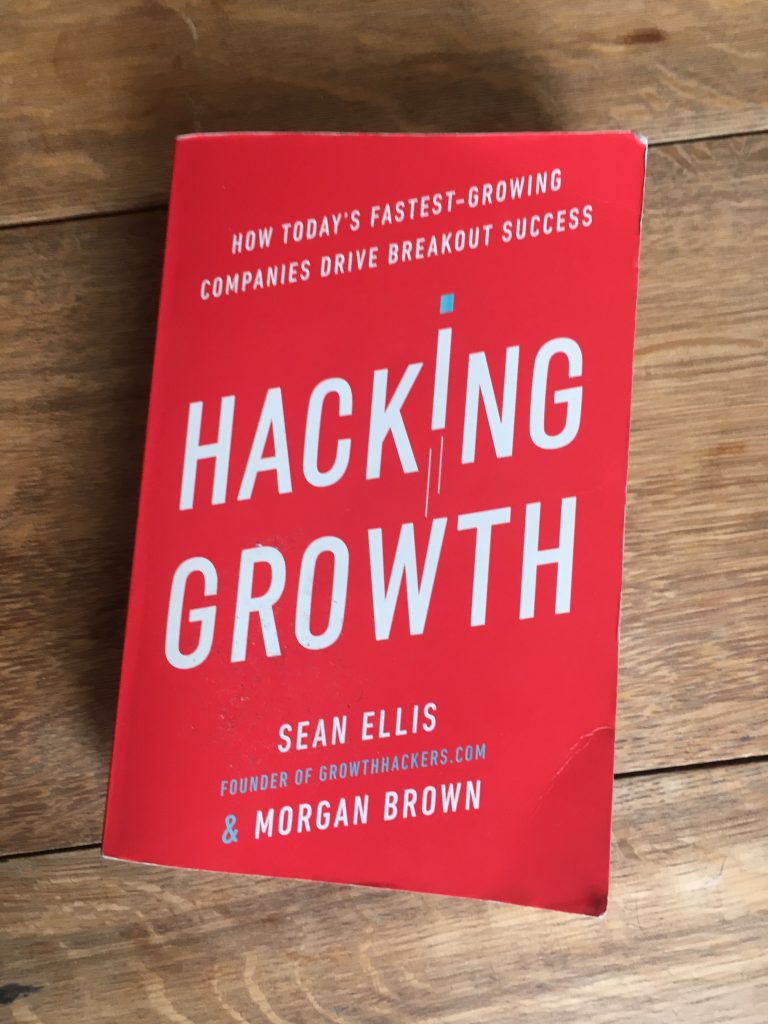
“Hacking growth” by Sean Ellis and Morgan Brown
Experimentation, tracking your experiments, and increasing the rate of experimentation
Hacking growth – but hacking growth too prematurely!
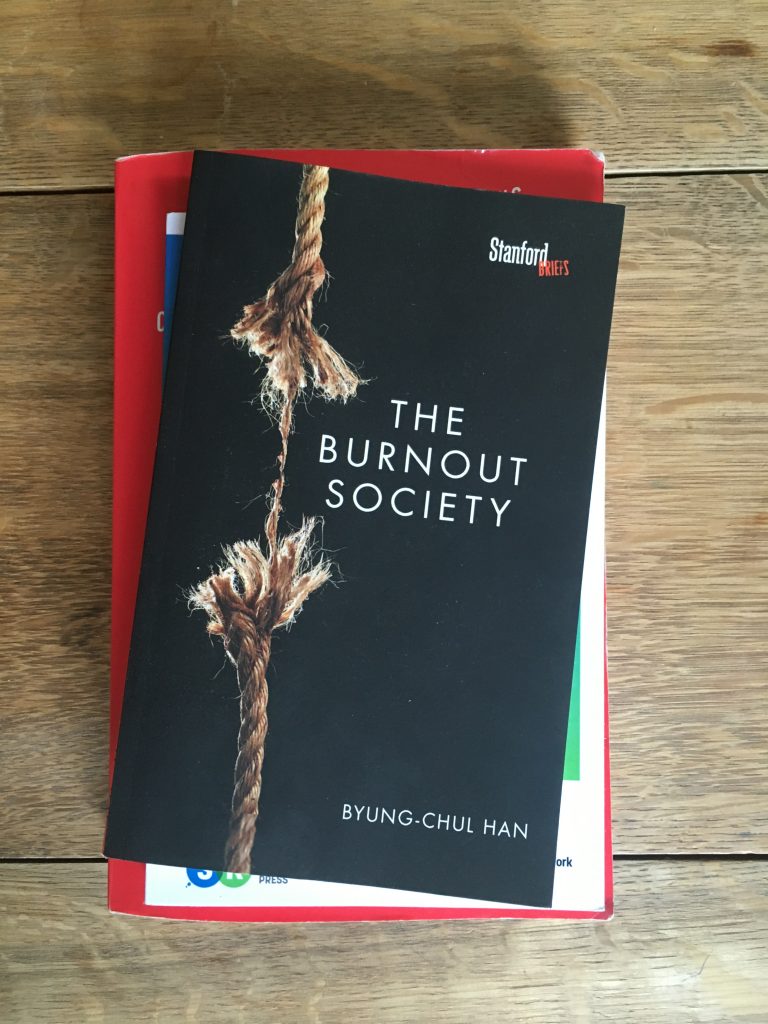
“The Burnout Soceity” by Byul Chung Han
Excess is more difficult to deal with than scarcity.
We have an excess of ‘can’ – and Achievement soceity (Leistungsgesellschaft) – can, can, can…
Can’t do it all – burn out!
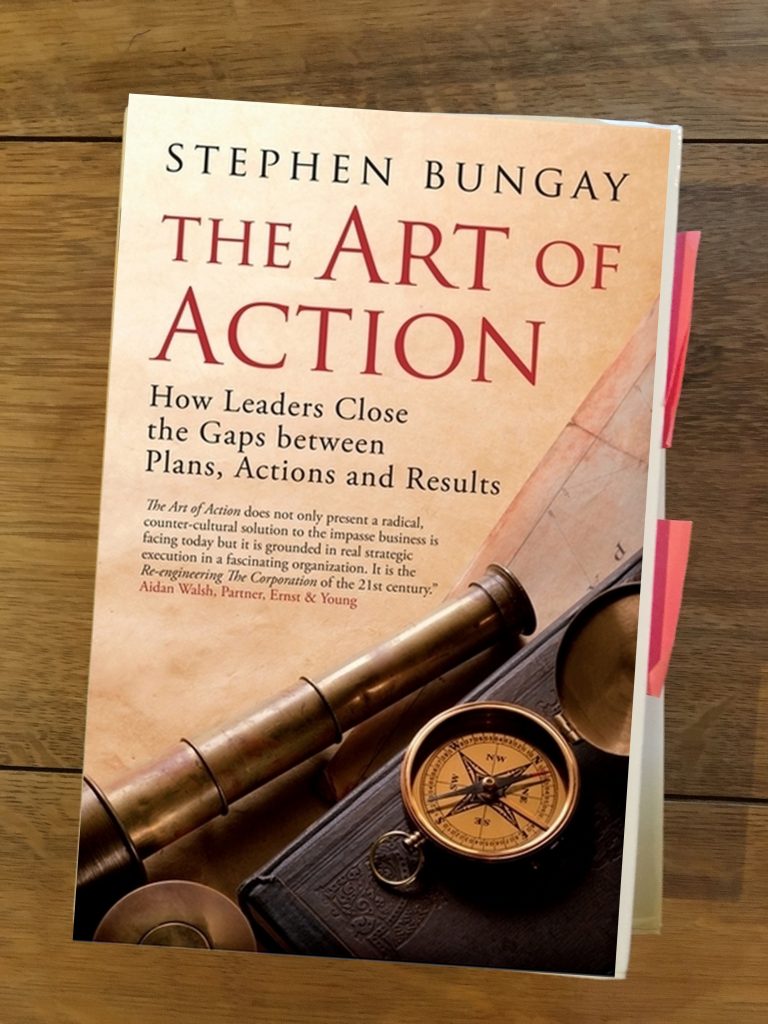
“The Art of Action” by Stephen Bungay
Very convincing book that strategy is an art not a science.
Why the disconnect between plans and action? What cannot be made simple, cannot be made clear. What cannot be made clear won’t get done.
Why do we end up with the wrong stuff? Gaps: knowledge gap, effects gap and the outcomes gap.
How do we close the gap? Less info, clearer intention!
